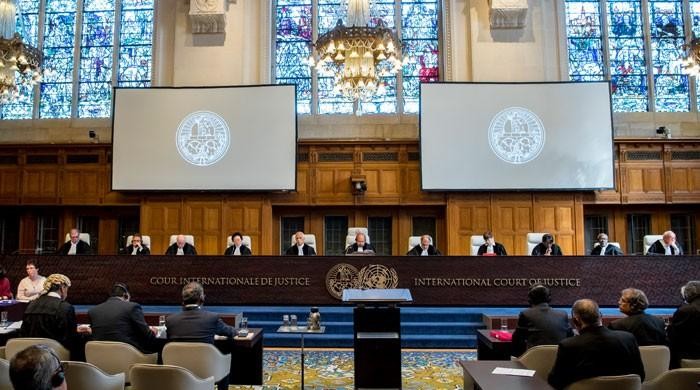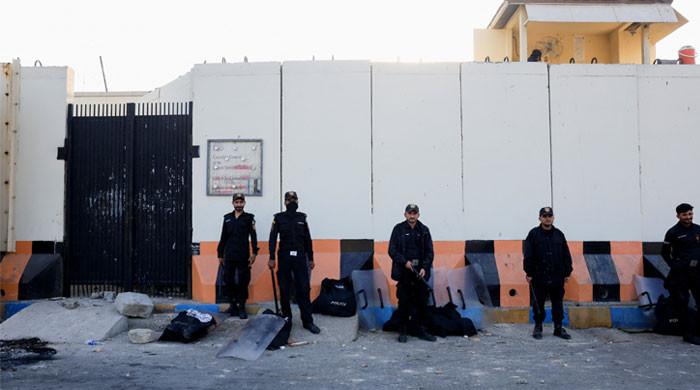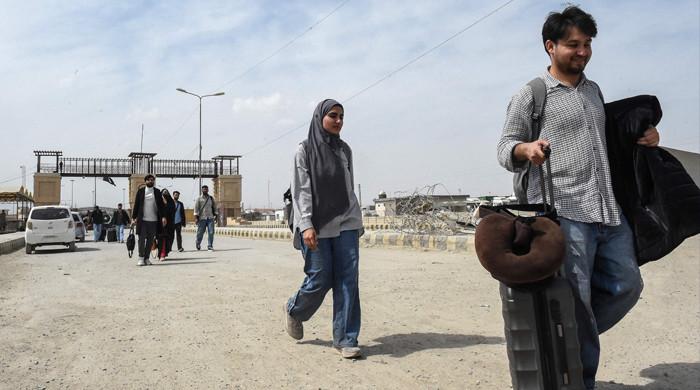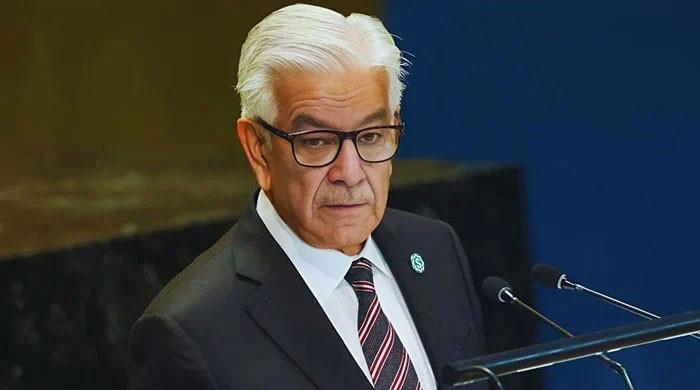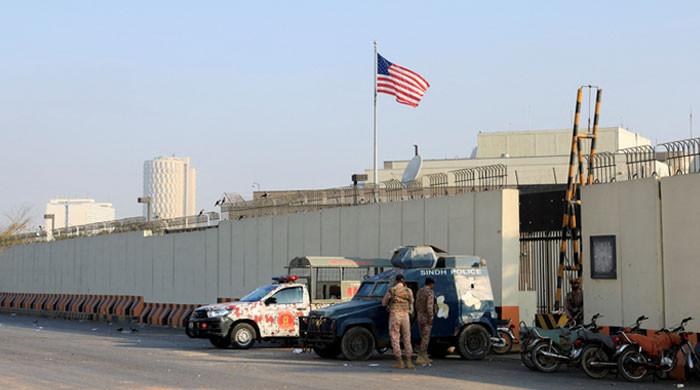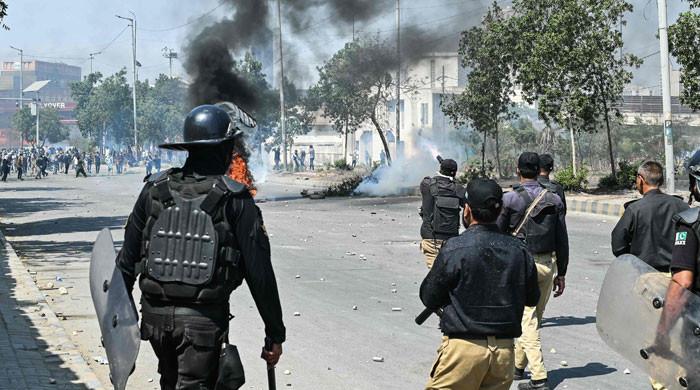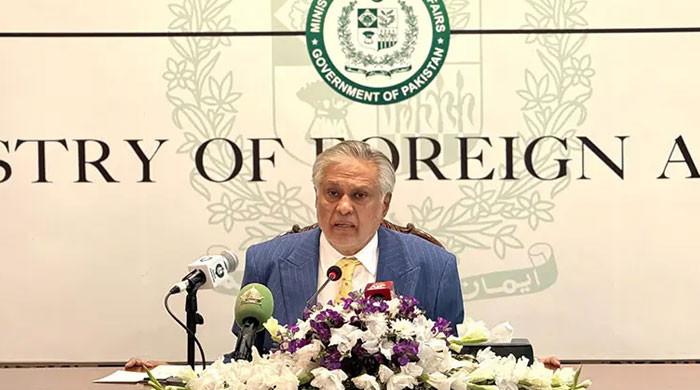ICJ didn’t mention consular access: AGP Ashtar Ausaf
“It took India a year to accept Jadhav as its citizen,” says AGP
May 18, 2017

ISLAMABAD: Following the International Court of Justice’s verdict on Thursday barring Pakistan from Indian spy Kulbhushan Yadav’s execution till the end of proceedings, Attorney General of Pakistan Ashtar Ausaf Ali said that the court did not take up the matter of consular access.
The AG was addressing media representatives in Islamabad, where he said that India had initially denied that Kulbhushan Jadhav is its citizen.
“It took India a year to accept Jadhav as its citizen,” he said.
APP adds: AGP Ausaf Ali said the ICJ’s decision has not changed the status of Kulbhushan Jadhav's case in any manner.
According to a statement issued by AGP office, Ashtar Ausaf said, "As far as Pakistan is concerned, the court's decision today has not changed the status of Jadhav's case in any manner.”
In our submissions on May 15, Pakistan had assured the court unambiguously that Jadhav would be provided every opportunity and remedy available under the law to defend his case.
"We are confident that India would not be able to hide the subversive activities it is trying to carry out through its agents like Jadhav. India has no substance in the case," he said.
He further said that Jadhav still has ample time to petition for clemency. To recall, Pakistan had in its presentation on May 15, proposed to the court that a final hearing be held on the merits and maintainability of the case as early as possible, he added.
“We are determined to pursue this case to its logical end. In today's interim order, the ICJ has stated that by way of provisional measures, the status quo be maintained in the case of Jadhav," he said and added, "The court has clearly underscored that the provisional measures are without prejudice to the final determination of the merits and jurisdiction of the case.”
Ashtar said the provisional measures are a procedural process only to enable the court to have full consideration at a later hearing.
These measures have no bearing whatsoever on the final decision of the court, he added.
He said Pakistan attended the hearing out of its utmost respect for the court and pursuant to the established jurisprudence that the challenge to jurisdiction can be made via appearance and not by abstaining from the process.
In addition, Pakistan attended because of its conviction that the only way to resolve all outstanding issues is through peaceful means.
